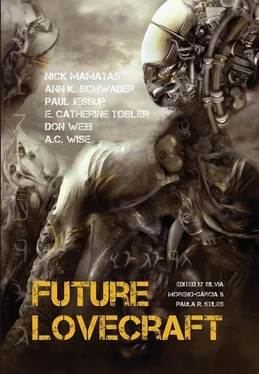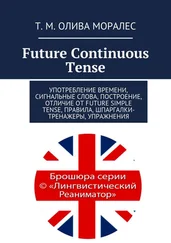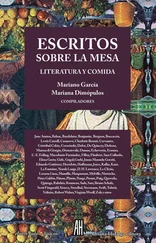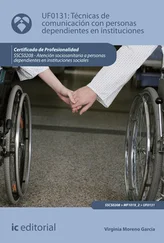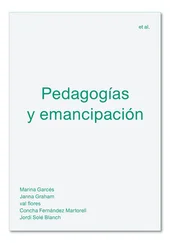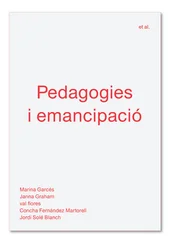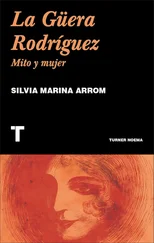For Catie
ALL AROUND THEIR hiding place, towering stacks of books careened upwards, their tops vanishing into murky darkness. Iris and Thyme Carter were on a late-night stakeout in the National Library of France because something was disturbing their books after hours, making them whimper and cry like hurt children. During the day, automatic lights flashed on if any moving object larger than a butterfly intercepted the infrared sensors. At night, these were switched off to save money, which meant that any creature entering these cathedrals of dust and paper then had to navigate in the dark. This was no problem for the ‘library twins’, as one of their genetic abnormalities was ultra-keen night vision; darkness was their friend. Now, at almost 23:00, the twins were hiding in a section reserved for French and Italian fiction.
One of Iris’s sometimes-disturbing genetic gifts was the ability to hear the voices of inanimate objects. Chairs, plants, street lamps, and bridges had, at one time or another, spoken directly to her. The pitiful moaning of tortured books had been disturbing Iris’ dreams for days. When the painful cries of her precious charges finally made sleep impossible, she insisted that Thyme join her in uncovering what was distressing them.
Iris was slumped on the floor, her back against a shelf of Italian mysteries, a first edition of Emile Zola’s Thérèse Raquin on her lap. Wearing disposable, white, cotton gloves, she was turning the brittle pages one by one, trying to discern any changes in the text as she remembered it. Lately, some of her favourite novels had begun to seem strangely… different.
✻ ✻ ✻
By the end of the 21st century, most reading material was read on electronic devices, when it wasn’t injected directly into the neurological pathways via learning tubes. Real books, of cloth and paper, were the cherished artefacts of a vanished era. To preserve these, librarians had gathered most of them into a scant handful of libraries in the Western world. The BNFP (Bibliothèque Nationale de France, Paris) held works from Continental Europe: France, Italy, the Low Countries, Greece, and Germany. Harvard held American and Canadian literature, and technical and early medical texts. Berkeley—Micronesia and Australia, Maori and Aboriginal; The British Library—British and Russian—a bow to Karl Marx; the National Library of San Paolo—South American, Mexican and Spanish. There were smaller collections in Helsinki for Nordic works and Budapest for Central European. Reprieved from destruction at the last possible moment, these were considered the foundation blocks of Western thought.
Human hands were not normally allowed near any of the books protected in these specialised archives. Scholars who had been able to demonstrate a need to consult the originals used hermetically-sealed, climate-and-light-controlled boxes. Inside these, internal robotic fingers turned the pages, when instructed via touch pad. It wasn’t like holding a real book in your hands, but it was better than having the pages disintegrate from careless handling.
Curator of this section, Iris was one of the few allowed to touch these books. While they waited for intruders, she methodically reread the pages of her children for anomalies. Possessing photographic recall, she remembered by ‘seeing’ things—pages of books for example—in her mind-viewer, and could instantly detect any textural alterations. As the minutes ticked towards midnight, she was wondering if it had all been a bad dream. “Great Goddess, how did we get here?” she whispered to her sister.
✻ ✻ ✻
Good question. As the famous frog once said, “It’s not easy being green.” While not green in appearance, the twins had grown up profoundly committed to the repair and protection of the environment.
By the middle of the 21st century, any thinking person, by then a declining species, understood that the pernicious effects of extensive agribusiness farming was transforming the residents of wealthy countries into slow-moving, cancer-ridden, dull-minded robots. The proliferation of foodstuffs assembled from refined corn syrup had created a sub-class of citizenry no longer able to discriminate healthy food from toxic. Soya derivatives mixed with reconfigured corn syrup, flavoured by e-numbers, were mashed and extruded into an endless variety of products. Diets consisting of little more than sugar, cellulose and food colouring made consumers sluggish and unhealthy. Sugar-induced torpor meant that, as people moved less and less, bones became dangerously brittle. Physical education programs in schools had long been abandoned because even the youngest children could not run or jump or risk the fractures that ensued from the smallest of accidents.
Early on, some people had developed Multiple Chemical Sensibilities (MCS)—in other words, they had become allergic to almost everything in their surroundings. Forced by their illnesses to escape the dangers presented by polluted water, air, soil, and food, many had retreated to guarded rural enclaves, as far from the centres of toxicity as possible, where they produced their own food, tried to live more sensible lives, and campaigned for more sensible farming and food production practices. America had become that dreaded hydra—a two-tierd society: one part, physically and mentally active and healthy; the other, physically incapable, diabetes-ridden and mentally incompetent.
Others, recognising the dangers before irreversible damage had been done to their biosystems, voluntarily removed themselves from the locations of greatest pollution.
Iris and Thyme’s parents had been among the first wave to recognise these growing environmental hazards. When Mama Carter learned she was carrying twins, she insisted they move to an island off the coast of Maine to gestate their babies. There, with other like-minded families, the community grew its own vegetables, raised sheep and chickens, and fished. Mama had been determined that her children’s minds and bodies would not be compromised by the toxicity of American supermarket offerings. As with so many well-laid plans, there had been a glitch. The elder Carters and their community had not anticipated the changes wrought in the seas by agricultural run-off.
When the twins were born, they seemed perfect: healthy bodies, smiling faces, prodigious lungs, which they demonstrated when annoyed or hungry. However, as they grew, they began to display some unusual abilities. For one thing, they could talk to each other without words across vast distances. They could also change their shapes and, in the form of any winged creature, could fly. A call of distress from Thyme would produce Iris leading a swarm of threatening birds in seconds.
They had other skills, as well. Iris could see events in the past, and project herself and her sister into them, while Thyme seemed able to project into the future. Papa Carter had been so concerned about the twins getting lost, injured, or trapped in other time periods that he made them promise to not use these powers—at all—until they were older and, hopefully, wiser. They loved their Papa, so they promised. Safe on their beloved island, the twins grew up convinced of the need to respect and protect their world. The environment responded by making them tall, beautiful and clever. “If only they weren’t twins and could have had individual styles, their lives would have been perfect,” they said but only to each other.
Time passed. Outside their secluded enclave, awareness of the need for healthier food and respect for the environment had increased in some places, so it became safe to leave Maine. Besides, the twins needed more of an education than their isolated haven could provide. Iris chose to study at USC Berkeley, while Thyme remained on the East Coast and went to Harvard. When both elected to study Library Science, no one was surprised. During their years on the island, books, real paper books—not electronic tablets—had been their dearest companions.
Читать дальше
